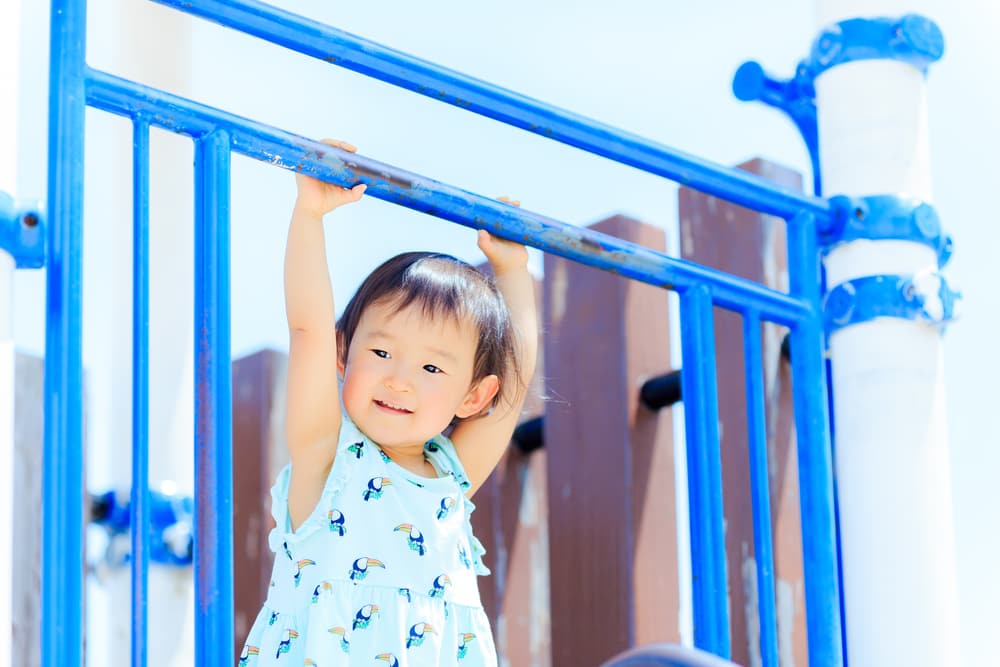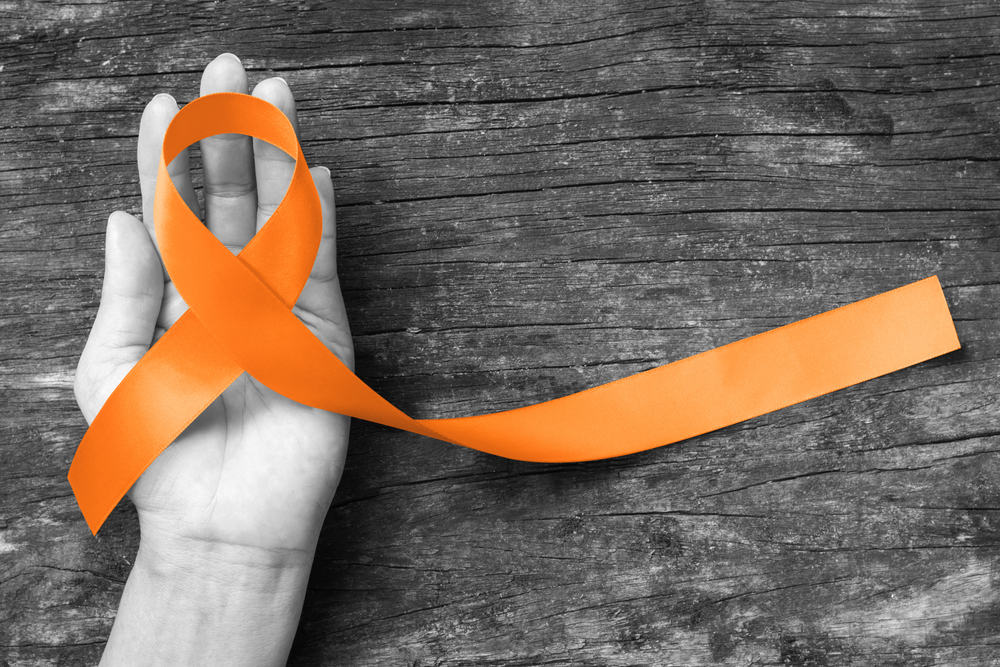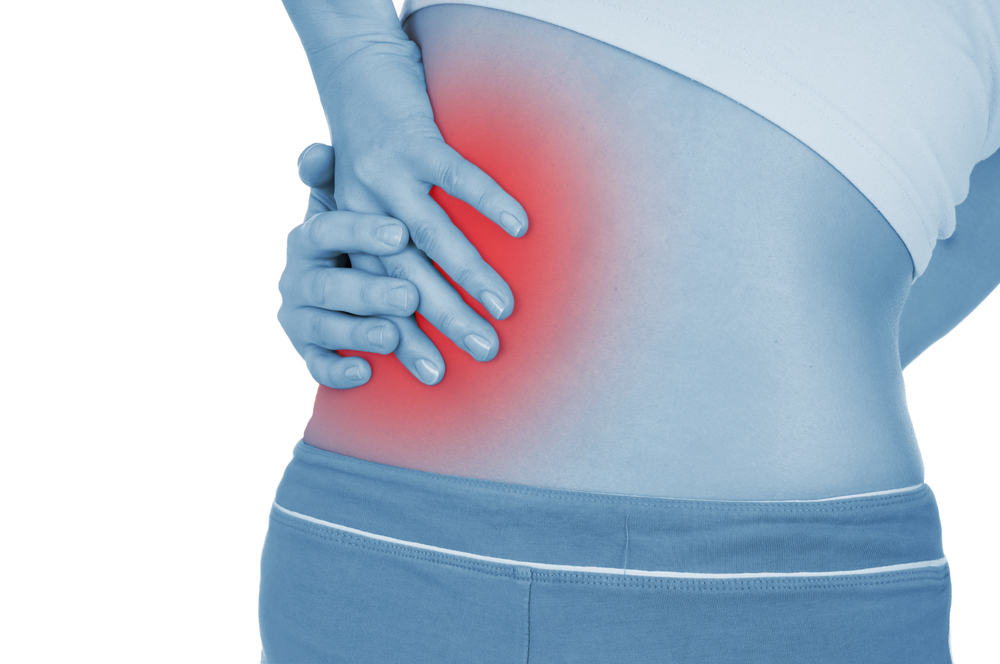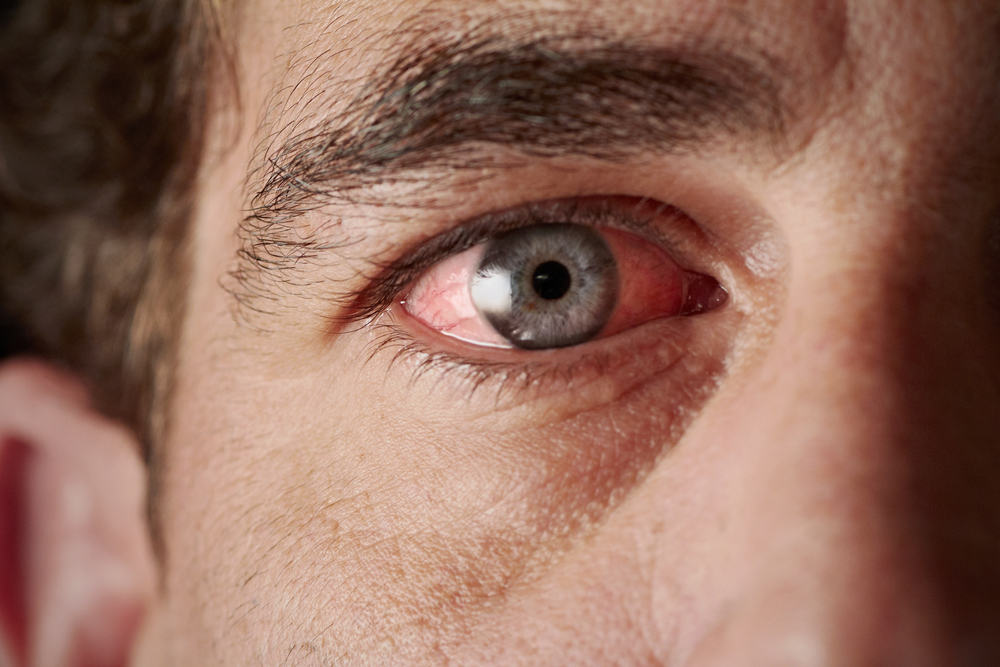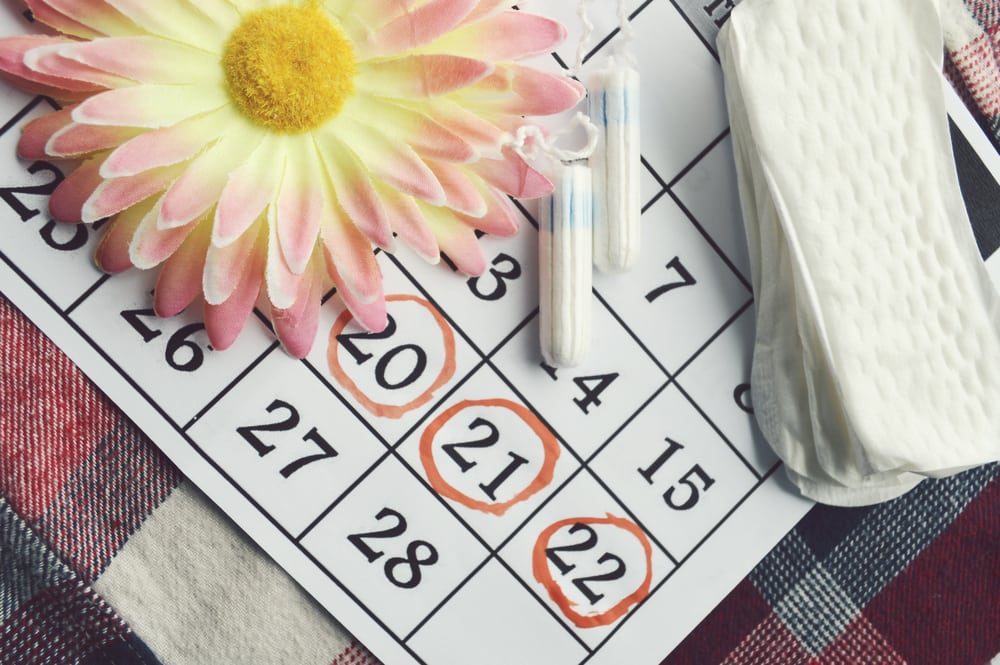Contents:
- Medical Video: Pregnancy Week by Week – Regular Baby Development Progress and Weekly Conditions | Part 1
- Development of Infants Age 42 Weeks
- How should the baby develop at week 42?
- Health for babies aged 42 weeks
- What do I need to discuss with the doctor on week 42?
- Which must be considered
Medical Video: Pregnancy Week by Week – Regular Baby Development Progress and Weekly Conditions | Part 1
Development of Infants Age 42 Weeks
How should the baby develop at week 42?
At this age, the baby can sit with confidence and may even walk holding on to the furniture, then maybe release it for a while and stand without support. He might try to get a toy while standing.
If your baby can't walk, don't worry. Most babies make the first step when they are around 12 months old. Some babies even wait until they are 18 months to start.
In the second week of the 11th month, babies can:
- Start learning to stand up from your stomach
- Clapping or waving
- Take small objects with other thumbs and fingers (keep dangerous objects out of reach of babies)
- Walk holding furniture
- Understand "no" but not always obey it.
Avoid feeding which causes the baby to choke like raw carrots or whole grapes. You will need to give small, chopped cooked vegetables, cheese and fruits that have been peeled and cut.
Health for babies aged 42 weeks
What do I need to discuss with the doctor on week 42?
Most doctors don't check babies this month. Contact your doctor if there are problems that cannot be waited until the next visit.
Caring for 42-week-old babies
You must know about insect bites and stings at this stage. Usually not a problem for adults, but can be dangerous for babies at this age.
Most bites can be annoying but not dangerous, provided the baby is not allergic to insect poisons. Follow the steps below:
- If it is stung by an insect, pull out the sting spines by cutting, not pulling.
- Wash the area with soap and water.
- Relieve pain with compressed ice packs for 15 minutes, or with baking soda and water. Ask your pediatrician before giving painkillers.
- Call your doctor if your baby has diarrhea or fever, vomiting, or if he gets swollen after 24 hours. You should also contact your doctor if the area around the bite shows signs of infection, such as getting reddened, sore, or swollen.
Anaphylactic shock occurs when the body is sensitive to allergic factors. This can cause low blood pressure, itching, swelling, and difficulty breathing. Anaphylactic shock due to insect stings are rather rare, only appear if the baby is allergic. Of course, you can't find out until there is a sting, so this is a thing to watch out for. If the baby is allergic, he may experience:
- Difficulty breathing or breathing by making a sound
- Dizziness, stomach ache, vomiting
- Red face
- Rash
- Swelling of the tongue, hands and face
- Possible shock if the baby looks confused or sleepy.
If the baby has an allergic reaction, call 118. Lay the baby down, calm down, and warm it with a blanket.
How to prevent bites or stings
You cannot eradicate all biting and stinging insects, and you also cannot allow the baby to continue to be inside the house. However, if you are going to take the baby out, you can use an insect repellent that is safe for the baby and wears long-sleeved clothes and trousers that are white or bright, which don't attract insects too much and make it easier to find fleas and insects. Be careful when eating in the area outdoor, especially in areas where there are lots of insects, and avoid products that contain fragrances such as creams and soaps.
Which must be considered
What do you need to watch out for when you are 42 weeks old?
You may have a problem with the baby at week 42, for example rolling and tugging at the hair.
Holding or pulling hair is usually caused by these two things: First, the baby is trying to calm himself by doing what he used to do at the beginning of his life while breastfeeding, ie rubbing the mother's breasts or tugging at the mother's hair. Second, the possibility of him doing it because of stress, too tired, or angry.
It's commonplace when you see a baby rolling, holding, or pulling his hair, and lasts during childhood without endangering it. Stop if the baby keeps pulling on his hair which can cause hair loss. These tips might help:
- Give more entertainment and attention to the baby, especially when he gets stressed.
- Cut the baby's hair short, so he won't be able to grab it.
- Give something to be withdrawn to distract him.
If it fails, seek advice from a doctor.
What is the growth of a baby like in the 43rd week?

